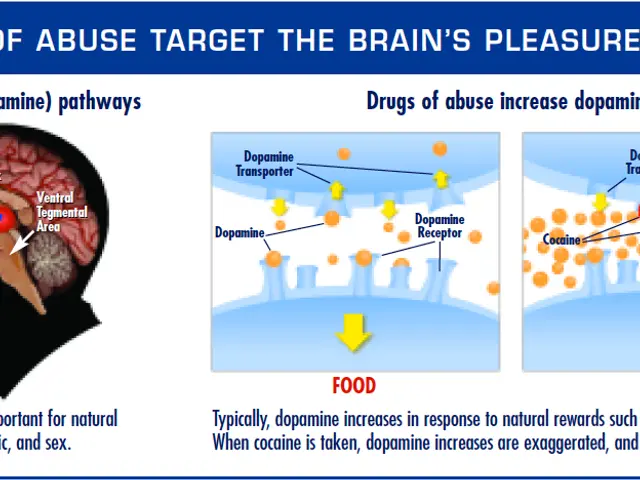Fracking's Impact on Water Quality is Significant
In a perspective article published in the prestigious journal Science, Elaine Hill, Ph.D., an economist at the University of Rochester Medical Center Department of Public Health Sciences, has highlighted the need for a reevaluation of regulations and monitoring systems for fracking. Fracking, a practice associated with unconventional oil and gas development, has been a subject of debate for many years. While its economic benefits are often discussed, the negative health consequences are increasingly coming to light. Hill's research, conducted in collaboration with Lala Ma, Ph.D., from the University of Kentucky, has found a higher risk of heart attacks, childhood asthma exacerbation, and opioid deaths due to shale gas development. The research also links shale gas development to drinking water quality issues. The new study, also published in Science, shows increased concentrations of four chemicals associated with fracking in surface water near well sites. This finding underscores the potential for wells to be a source of pollution in drinking water. The scope of the public health impact due to long-term exposure to air, water, and noise pollution from fracking is becoming clearer as the technology has been operating on a significant scale in the U.S. for two decades. The negative health consequences of fracking ultimately diminish the economic returns for communities that host the fracking industry. These impacts have lifelong consequences on individual well-being, including future health, education, and labor market outcomes. Increased rates of chronic diseases, stress on rural health care providers, and growing need for mental health and addiction services are among the negative health consequences of fracking. The debate over fracking encompasses both economic and environmental concerns. However, this new research underscores the importance of considering the long-term public health impact when making decisions about the regulation and monitoring of fracking. The study suggests that regulatory agencies should collect and release reports of additional chemicals to better assess the long-term health impacts of fracking. Hill and Ma call for tighter regulation and monitoring of unconventional oil and gas development to protect public health and ensure sustainable development.
Read also:
- Toxic Shock Syndrome: Signs, Origins, Tampon Connection, and Further Details
- Identifying Sinus Infection Type: Discerning between Viral and Bacterial Sinusitis
- Exploring Colostrum's Storage Duration at Ambient Conditions: A Detailed Handbook
- Bishop expresses that Respect Life Month holds additional significance during the Jubilee Year








